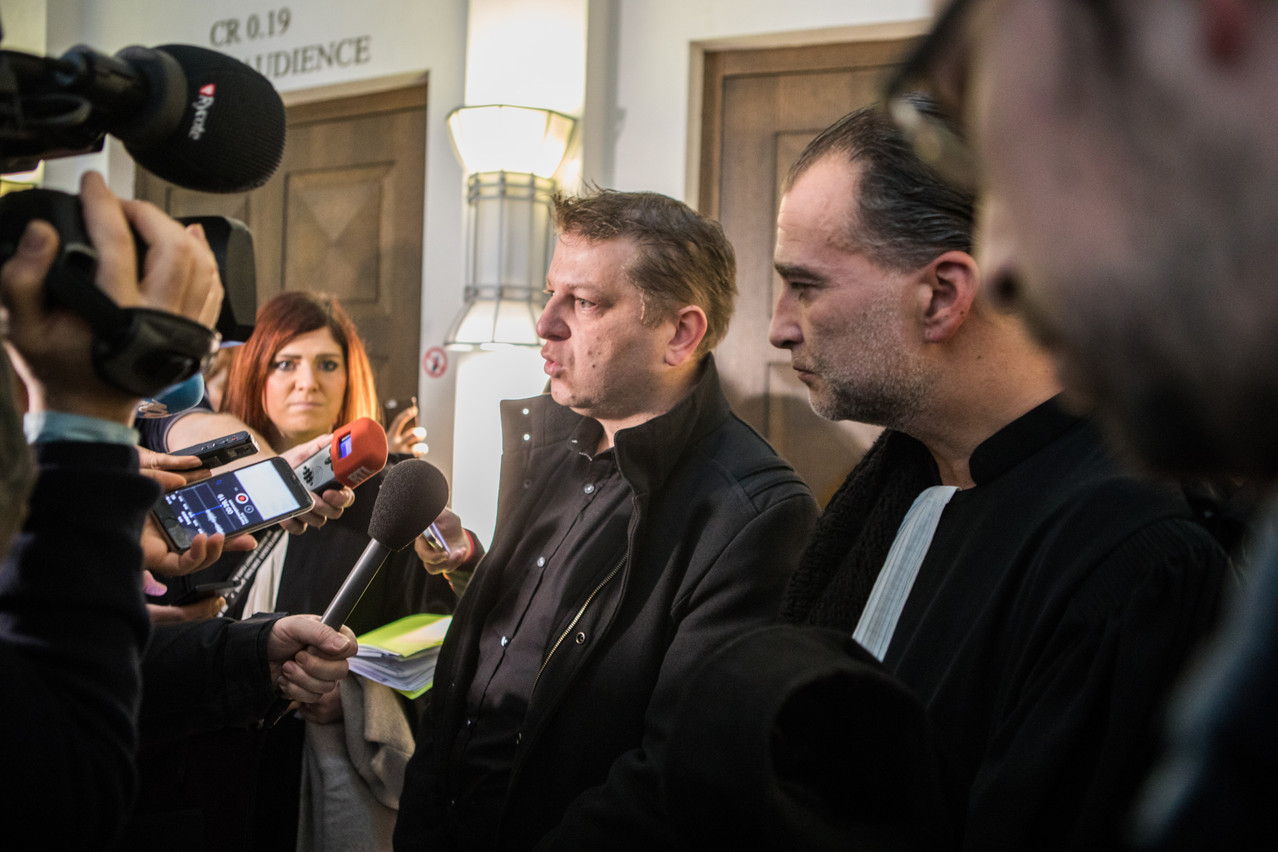A turn of events for Raphaël Halet. The European Court of Human Rights has just ordered Luxembourg to pay him €55,000: €15,000 for moral damages and €40,000 to cover his expenses. It recognised him as a whistleblower in the LuxLeaks case, in a ruling issued this week.
It’s the result of a long and winding road. At the end of 2012, Antoine Deltour and Halet had provided the press with internal documents of the consulting firm PwC Luxembourg, where they worked, . These documents were used in the French TV programme Cash Investigation in 2013.
A violation of freedom of expression
Deltour was then . But not Halet. It considered, as did the Court of Appeal, that “the disclosure of tax returns did not provide in this case any hitherto unknown information that could revive or fuel the debate on tax evasion.” The former PwC employee therefore referred the case to the ECHR, . Halet then , the European court’s highest tribunal. He was finally recognised as a whistleblower on Tuesday 14 February.
The judges ruled that there has been a violation of article 10, on freedom of expression, of the European Convention on Human Rights. “In view of the findings as to the importance, both at national and European level, of the public debate on the tax practices of multinationals, to which the information communicated made an essential contribution, the Court considered that the public interest outweighed any prejudicial effects arising from it,” it wrote in a statement. The decision was passed by a majority of 12 votes in favour and 5 against.
This story was first published in French on . It has been translated and edited for Delano.
